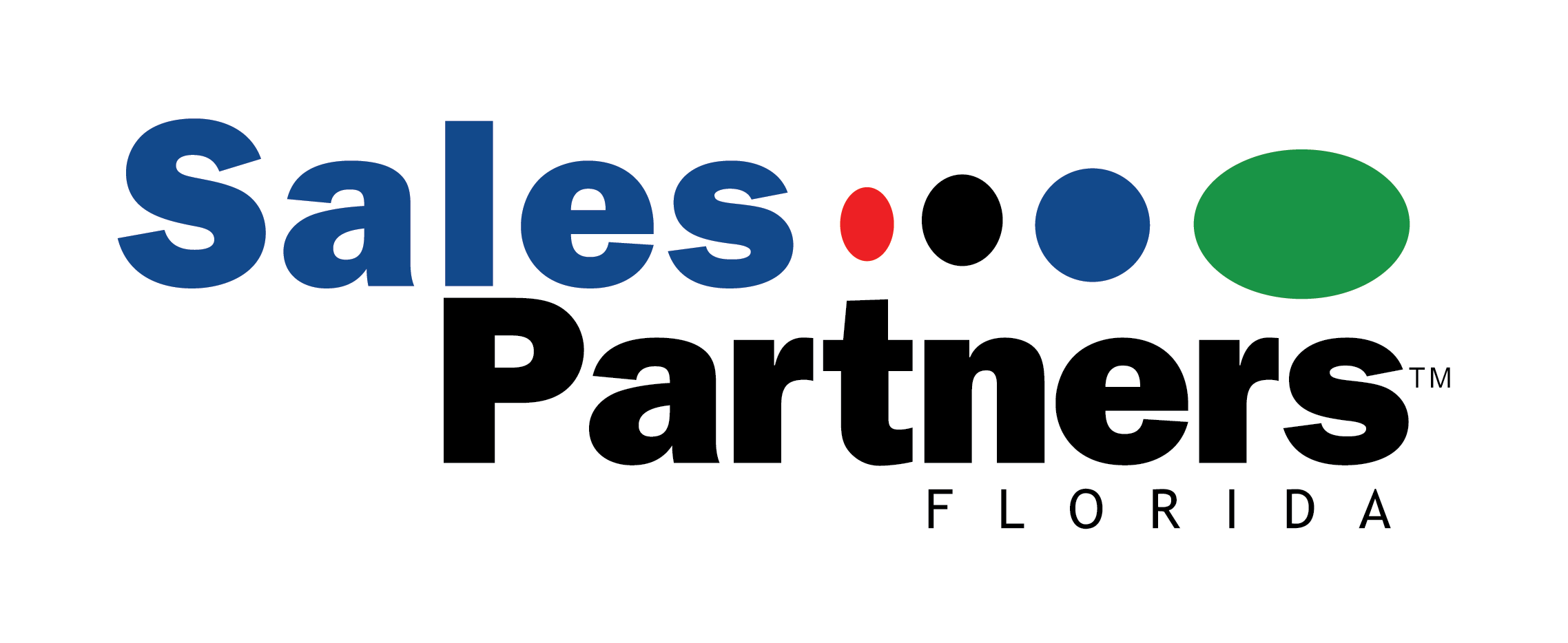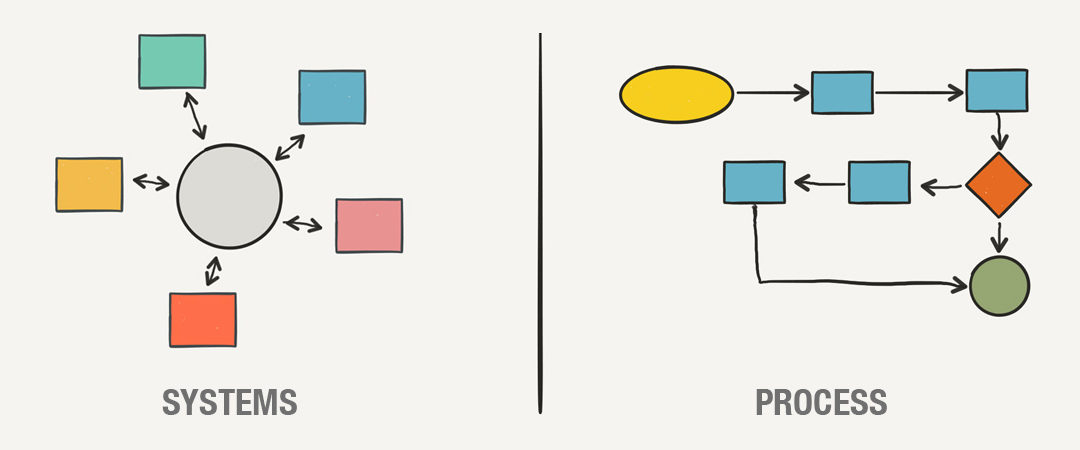“System” seems to be the new buzzword in business.
- “Your business should run on systems.”
- “Systems drive the business.”
- “Systemize your business.”
It’s the wrong thing to think about. A “system” is like the machine inside your business – a device, or piece of software. Your CRM is a system. But, as any sales manager would likely tell you, it’s not the CRM that drives your business. Rather, it’s your process.
What are your internal processes?
Anybody can sell you a system. A system is one-size-fits-all. Your process, however, is uniquely yours. It’s your way of doing things; it’s the steps you’ve defined to reach a particular goal.
Salesforce, Pipeline, you name it – systems can be replaced. Worse, the system may become obsolete. What then? The good news is, your process can be plugged into any system. Even so, we have to remember it’s not only our processes that drive our business. Your process is informed by your principles.
What are your underlying principles?
There are principles that govern the dynamics of your business. At SalesPartners, we’ve incorporated this into our business model: “Strategy. Training. Execution. Principle.”
Take sales and marketing. The underlying principles of these efforts are about communication: education and persuasion. These principles inform our sales and marketing processes, which are held inside our systems, policy manuals, etc.
If you’re struggling to develop “systems” in your business, your problem is not so much the system as it is defining your process. And if you’re struggling to define your process, maybe you need to take a closer look at the principles governing your operations.







